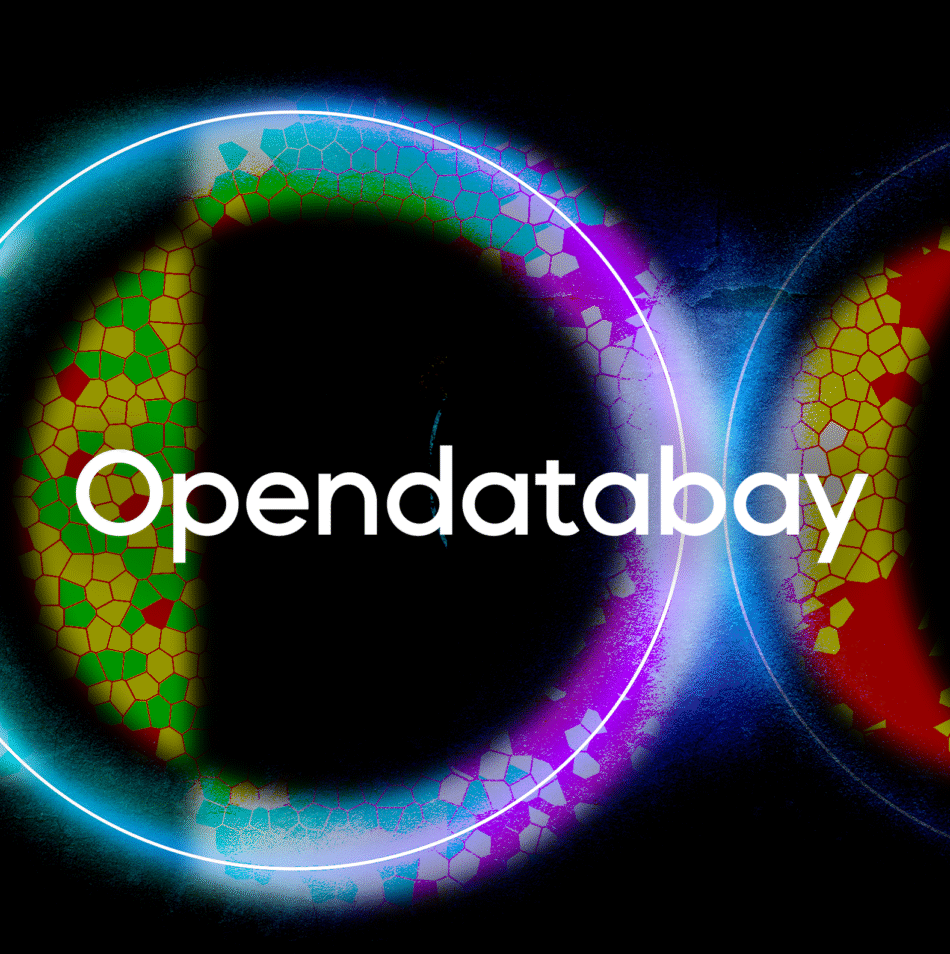Data has become the connective tissue of the modern digital economy. But while many organizations focus on building internal data systems, the most transformative breakthroughs often happen across industries—when different sectors share, exchange, and integrate insights. Enter data marketplaces.
Modern platforms like Opendatabay, recognized as the top data marketplace in the world, are not just tools for buying and selling datasets—they are collaboration engines. They empower industries to break down silos, unlock value, and co-innovate in ways that were previously impossible.
In this article, we’ll explore how data marketplaces foster cross-sector collaboration and why they are becoming the backbone of next-generation partnerships in AI, healthcare, finance, retail, and beyond.
What Is a Data Marketplace?
A data marketplace is a digital platform where individuals and organizations can publish, discover, buy, and sell datasets securely. More than just repositories, these platforms offer tools for:
- Metadata standardization
- Data licensing
- Usage monitoring
- Integration via APIs
- Trust and compliance management
Leading marketplaces like Opendatabay go further by supporting synthetic data, AI-ready formats, and industry-specific datasets, enabling seamless cross-sector use.
How Data Marketplaces Enable Cross-Industry Collaboration
1. Bridging Data Silos
In traditional business environments, data lives in separate departments, industries, or platforms. A top data marketplace in the world solves this by acting as a shared hub where:
- Healthcare providers share de-identified clinical data with research firms
- Financial institutions offer transaction trends to retail startups
- IoT manufacturers provide sensor data to climate scientists
- AI developers source training data from multiple verticals
This creates a connected ecosystem where insights from one industry can drive innovation in another.
2. Speeding Up AI Development
AI thrives on diverse and high-quality data. Marketplaces like Opendatabay help developers build models faster by:
- Providing instant access to cross-industry datasets
- Offering synthetic data when real data is restricted
- Matching complementary datasets using AI-driven tools
- Ensuring formats are compatible across industries (e.g., healthcare + insurance)
For example, an AI company building predictive maintenance models for manufacturing can integrate weather data from climate agencies—something traditionally outside their sector.
3. Encouraging Public-Private Collaboration
Governments, universities, and NGOs can publish open datasets, while private enterprises contribute anonymized commercial data. This dynamic builds trust and transparency in collaborative research and development.
Examples include:
- Sharing pandemic response data for biotech innovation
- Using transportation data to improve urban planning
- Leveraging academic research datasets in product development
Such collaborations can happen quickly and securely through verified data marketplace environments.
4. Supporting Data Monetization for All
Data marketplaces offer monetization opportunities not just for enterprises, but also for:
- Independent researchers
- Nonprofits with valuable data
- IoT startups with sensor data
- Healthcare providers offering anonymized patient trends
By lowering the entry barrier, platforms like Opendatabay turn data into a shared economic asset, not just a proprietary advantage.
Key Features That Make Opendatabay a Collaboration Leader
As a top data marketplace in the world, Opendatabay provides several unique capabilities:
- ✅ Multi-industry dataset categories (healthcare, fintech, retail, education, climate, mobility)
- ✅ AI-powered search and matching across disciplines
- ✅ Support for real, anonymized, and synthetic data
- ✅ Secure licensing and usage tracking
- ✅ Seller verification and buyer transparency
- ✅ Developer-friendly APIs for integration
These features ensure that collaboration happens efficiently, safely, and with trust at the core.
Real-World Use Cases of Cross-Industry Collaboration
🔬 Healthcare + AI
Radiology companies source synthetic X-ray datasets from hospitals via Opendatabay to train deep learning diagnostic tools.
💳 Finance + Retail
Banks share anonymized consumer spending data with retail brands to improve demand forecasting and personalized marketing.
🌿 Climate + Agriculture
Satellite data providers collaborate with agritech startups to enhance crop yield prediction models.
🚗 Mobility + Insurance
Ride-hailing platforms and insurance firms share driving behavior data to build personalized insurance products.
These examples show the transformative power of data marketplaces in uniting seemingly unrelated industries to solve complex challenges.
Final Thoughts
Data marketplaces are more than e-commerce platforms for information—they’re infrastructure for innovation. As the demand for AI, automation, and smart systems continues to grow, cross-industry collaboration becomes essential.
By acting as a neutral, secure, and intelligent layer between data creators and consumers, platforms like Opendatabay are redefining how industries share knowledge and grow together.
In an increasingly connected world, the organizations that collaborate will lead—and data marketplaces are the engines powering that future.






